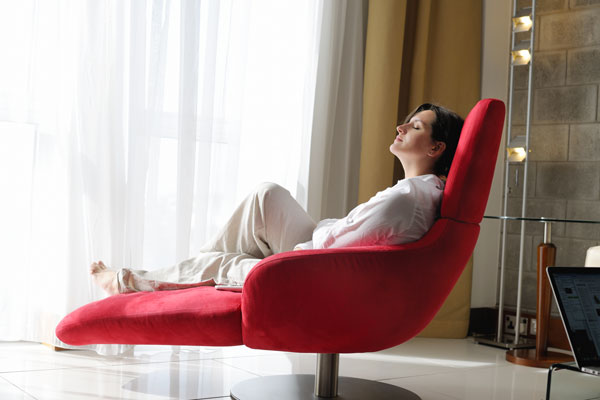Ah, the power of naps — they’re not just for babies and toddlers…or at least, they shouldn’t be. You may have heard of the power nap and how even Einstein took them. Don’t simply look at them as an excuse to not work; a well-timed nap can actually bring back energy and help you get ready to do your next tasks.
If you can manage it, a 15-20 minute nap truly can help you improve alertness. In fact, a short nap works better than a cup of coffee — while caffeine does help with alertness, it actually decreases memory, unlike a good nap.
Regular napping can reduce stress, possibly cut down on heart disease, and combat sleep deprivation. Plus, depending on the length of the nap, it can also help with creative problem solving, perceptual learning, object learning, and perceptual learning. And for anyone who hits that late afternoon low, a nap can increase reaction times and improve mood, two benefits not just for the napper but for those around them.
How long a nap should you take? As stated, the “power nap” helps with alertness. It’s the longer nap, around 30-60 minutes, that can boost memory and enhance decision-making skills. Anything longer than that can leave you feeling groggy and interfere with night-time sleep, and most of us in the U.S. don’t have the luxury of a long nap time in the middle of the day, so if you can, stick with a 15-30 minute nap. Try to find a quiet, comfortable place where you won’t be disturbed and make it as dark as possible. Time it well: Taking a nap too early or too late in the day can wreak havoc with your sleeping patterns.
Since napping can increase memory and alertness, thus overall improving performance and reducing mistakes, perhaps it’s time more companies follow the lead of Google and the Huffington Post, which have sleeping pods onsite so workers can rejuvenate their minds and get back to work feeling fresher than ever.
For more health and wellness tips, read our related blog posts or reach out to our experienced staffing team at Medical Professionals.



Leave a Reply